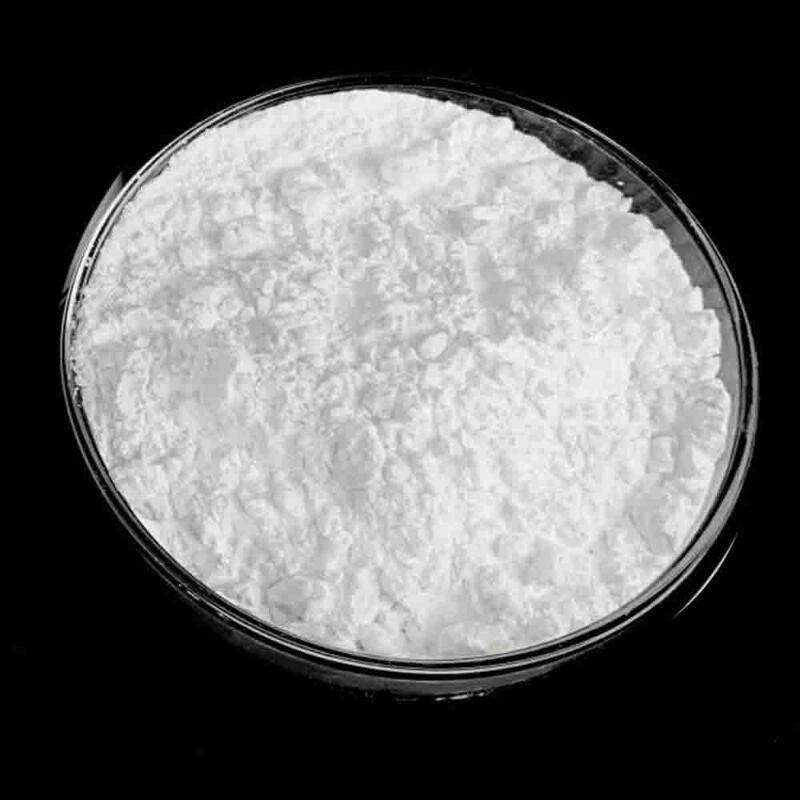-
Categories
-
Pharmaceutical Intermediates
-
Active Pharmaceutical Ingredients
-
Food Additives
- Industrial Coatings
- Agrochemicals
- Dyes and Pigments
- Surfactant
- Flavors and Fragrances
- Chemical Reagents
- Catalyst and Auxiliary
- Natural Products
- Inorganic Chemistry
-
Organic Chemistry
-
Biochemical Engineering
- Analytical Chemistry
-
Cosmetic Ingredient
- Water Treatment Chemical
-
Pharmaceutical Intermediates
Promotion
ECHEMI Mall
Wholesale
Weekly Price
Exhibition
News
-
Trade Service
This article is the original of the translational medicine network, please indicate the source when reprinting
Author: Mia
Triple-negative breast cancer (TNBC), which accounts for 15%-20%
On September 12, a team led by Professor Shi Hubing of the State Key Laboratory of Biotherapy at West China Hospital of Sichuan University and Professor Jing Jing of West China Hospital of Sichuan University published an article entitled "PSMG2-controlled proteasome-autophagy balance mediates the tolerance for MEK-targeted therapy in" in Cell Reports Medicine triple-negative breast cancer" research paper
https://doi.
Research background
01
Triple-negative breast cancer (TNBC), which accounts for 15% to 20% of all breast cancers, is pathologically negative for estrogen receptors, progesterone receptors, and human epidermal growth factor receptor-2
Fortunately, targeted therapy and precision medicine have achieved good results
The mitogen-activated protein kinase (MAPK) pathway is reported as one of
But these MEKis, whether used alone or in combination, have had a modest
Research overview
02
Through genome-wide CRISPR-Cas9 library screening, the researchers found that in TNBC, MEKi resistance is controlled by a fine-tuned balance between the ubiquitin protease complex system (UPS) and the autophagy lysosomal system (ALS
As a canonical protein degradation pathway, autophagy plays a dual role in tumor cell survival during chemotherapy and oncogene targeted therapy
Finally, the research team verified the therapeutic effect of combining targeted proteasomes and MEK in mouse models of TNBC cell xenografting, and found that the combination of two targeted inhibitors significantly inhibited tumor growth
Research summary
03
In conclusion, the study not only reveals an important mechanism of MEKi drug resistance, but also has important therapeutic implicationshttps://doi.
Note: This article is intended to introduce medical research advances and cannot be used as a reference for
Recommended Live/Events
09/27 14:00-17:30 Shanghai
Innovative technology to facilitate the summit forum on accurate diagnosis and treatment of tumors
Scan the code to participate for free
November 03-04 09:00-17:30 Shanghai
The 3rd Yangtze River Delta In Vitro Diagnostic Industry Forum
Scan the code to participate for free
November 11-25 27:09-00:17 Shanghai
The 4th Shanghai International Cancer Congress
Scan the code to participate







